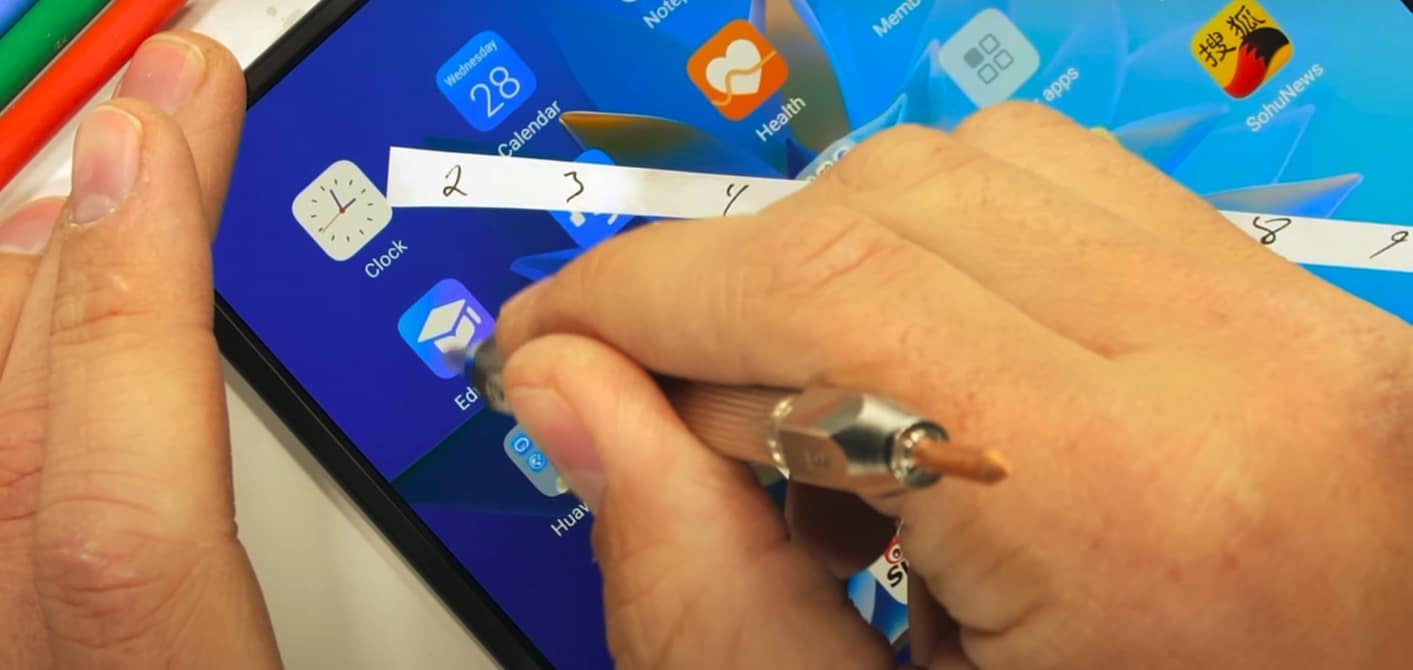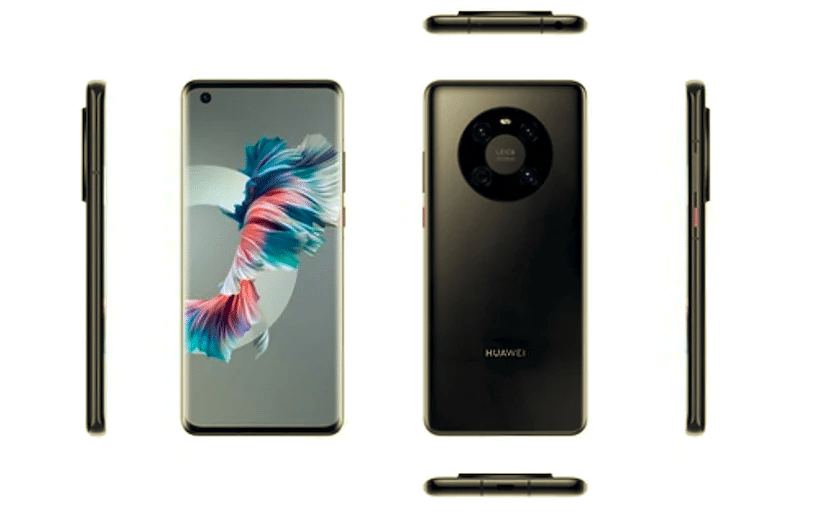
Earlier this year, Huawei planned on launching the Mate 10 Pro in the United States, beginning with a wireless carrier deal with AT&T.
Unfortunately, that didn’t pan out. The Mate 10 Pro is available as an unlocked handset for U.S. customers, but it isn’t available on any wireless carriers in that market. Even Verizon pulled out of a deal with Huawei, and, more recently, Best Buy opted to stop selling Huawei-branded products in its stores, and online, as well. The reason for the changes is due to U.S. government pressure, citing national security concerns, with U.S. businesses selling Huawei products, especially wireless carriers.
But, even with a huge road block ahead of it, Huawei isn’t giving up on the U.S. wireless market, at least based on comments from the CEO of Huawei’s consumer business group, Richard Yu. He made the remarks in an email to CNET, and states that Huawei is going to continue to work on earning trust, as it isn’t ready to give up on the U.S. market just yet:
“We are committed to the US market and to earning the trust of US consumers by staying focused on delivering world-class products and innovation. We would never compromise that trust.”
Going further, Yu says that the pressures placed upon the company from the U.S. government, are based on “groundless suspicions” related to national security. Moreover, Yu calls them “frankly unfair”. He does add that Huawei is ready for “an open and transparent discussion”, but only if it is “based on facts”.
As it stands right now, there is no word on any Huawei-branded smartphone launching on any wireless carriers in the United States any time soon.
[via CNET]

















